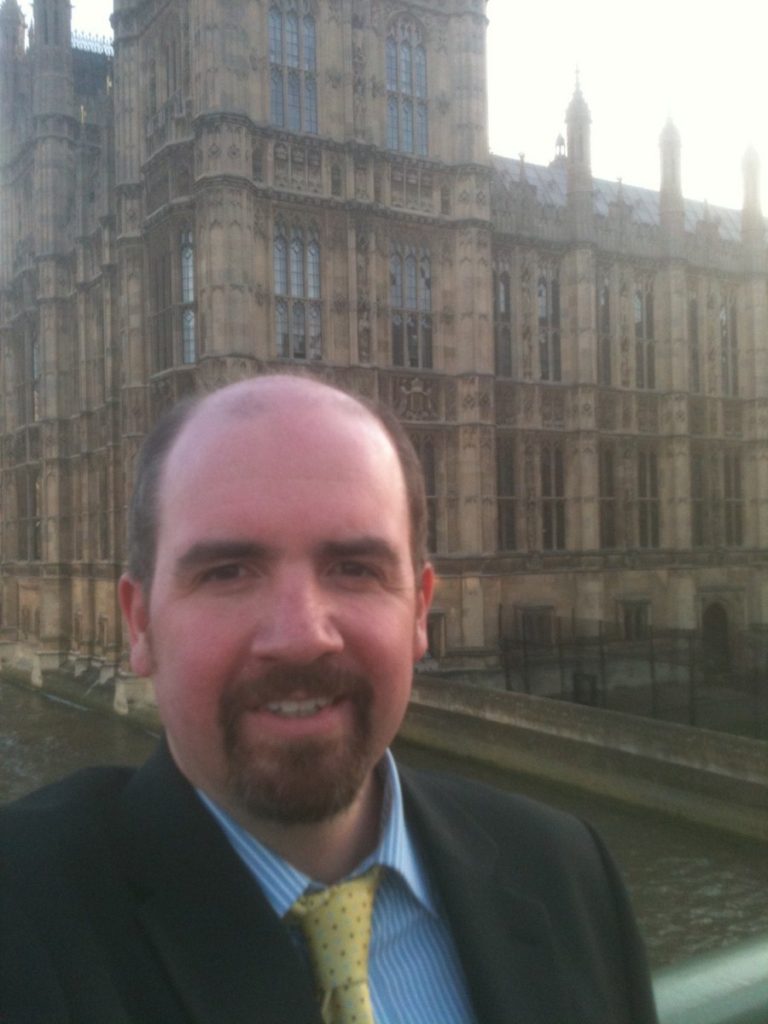Comment: The story that almost never was
Forty academics have already resigned and 4,000 have signed petitions. We are united in our message – don't force the big society on us.
By Dr Thom Brooks
The Observer published allegations in late March that there may have been political pressure put upon the Arts and Humanities Research Council (AHRC) to include the “big society" in their delivery plan or risk losing funding. The big society was a campaign slogan used by the Conservative party in last year's general election. These allegations were swiftly denied by both the AHRC and government ministers. But this is where the story begins.
The problem was that the AHRC's delivery plan does mention the big society several times. The delivery plan spells out the AHRC's strategic research funding priorities. The plan makes several clear statements relating to the big society that have raised concerns. These statements include: "we will focus on issues such as the big society", the AHRC delivery plan will make a "contribution" to "the big society agenda", and "the AHRC also strongly supports the principles and policies articulated in the 'Concordat to Engage the Public with Research' in line with the government's big society agenda".


While the importance of the big society within the AHRC delivery plan may be contested, there is no contesting the fact it makes several appearances in the plan. The language of the plan – in terms of it making a "contribution" to the big society and so on – is a marked departure from all other plans to my knowledge.
The AHRC delivery plan is unique because it includes a political campaign slogan. While it may be argued that government funding may often come with strings attached, it is important to note that the AHRC and government ministers have denied allegations that strings were attached on this matter. The AHRC has made clear that it freely chose to include the big society in its plans.
I launched a campaign about this issue. The campaign had a position of principle, not politics: political campaign slogans should have no place in research council delivery plans. Period. The issue is not about the merits of the big society. This is not about whether research into the big society should receive funding – indeed, it might be useful to learn much more about it. On the contrary, the issue is about whether the political campaign slogan of any party should be noted several times in a document spelling out the strategic research funding priorities by a research council.
This campaign of principle and not politics has attracted unprecedented widespread support throughout the higher education sector. We have seen petitions signed by 4,000 academics. More than 30 learned societies agreed a joint statement in support. But still the AHRC refused to act and even appeared to deny there was a problem at hand.
More than 40 senior academics have since threatened to resign from the AHRC peer review college unless there were "clear positive steps" taken to remove all references to the big society in the AHRC delivery plan. Yet, the AHRC released no statement beyond a private message denying our request. We have now resigned en masse and we have called on others to join us with several colleagues now part of our campaign.
The AHRC has clearly lost the argument on this issue. Academics disagree with each other for a living. Such widespread and unprecedented solidarity is unique and it crosses disciplinary and political divides. Literally thousands have endorsed our clear statement of principle: political campaign slogans should have no place in research council delivery plans. The AHRC should listen to the clear calls for change that ring across all parts of the sector. It is time they act to make this small, but important, change to the delivery plan. The ball is in their court. We now watch and wait.
Dr Thom Brooks is reader in Political and Legal Philosophy at Newcastle University.
The opinions in politics.co.uk's Comment and Analysis section are those of the author and are no reflection of the views of the website or its owners.

